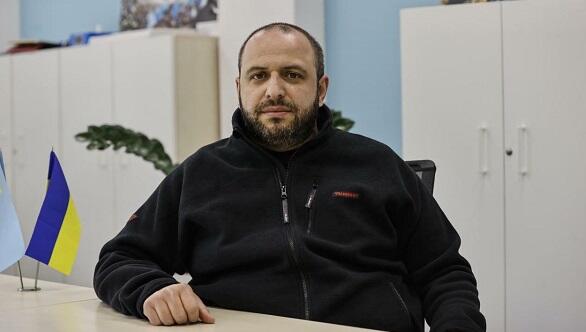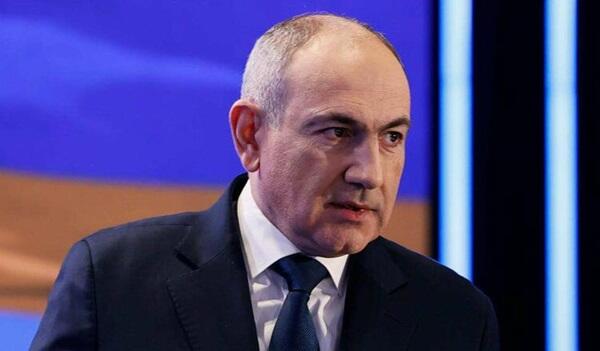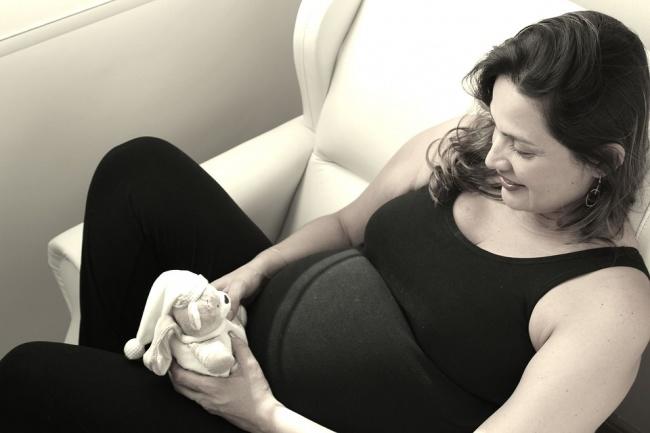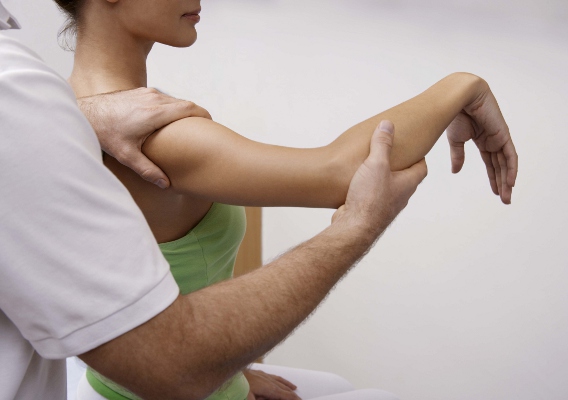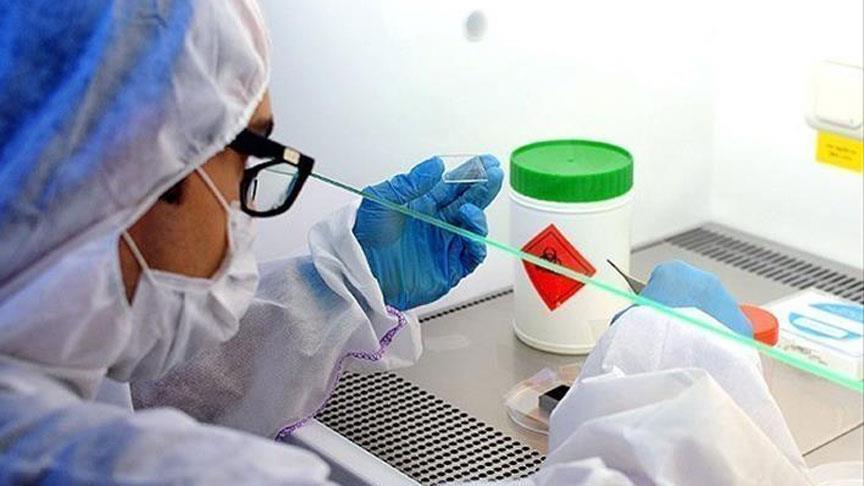Use of cell phone during pregnancy poses increased risk for behavioral problems in the offspring, a Turkish social media specialist said citing researches.
Axar.az reports citing AA.
“In today's world of technology, wireless devices are with us day and night, and emit energy called electromagnetic radio waves can end up in our bodies,” Deniz Unay told Anadolu Agency.
Unay said a certain quantity of low-energy microwave radiation can cause little amount of rise in heat that can damage the DNA.
“A study by a team of scientists at Yale University found that exposure to wireless radiation may be linked to behavioral problems such as ADHD [Attention Deficit Hyperactivity Disorder] and impaired memory,” he said.
In a 2012 study, Dr. Taylor Hugh at Yale School of Medicine said: “We have shown that behavioral problems in mice that resemble ADHD are caused by exposure to cell phone in the womb.”
Ways to reduce exposure to radiation
Unay said that simple adjustments in lifestyle would reduce the health risks that wireless emissions pose.
He advised not to use cell phones and laptops with direct contact to your body.
“Although this is a common habit, science indicates that it can be very risky for the development of unborn children,” he said, adding that the offspring also face the same risk.
He added that turning Wi-Fi and Bluetooth off when one does not need them and unplugging the devices would help reduce the emissions.
Unay concluded that most healthcare professionals find the researches on the topic too inconclusive to recommend people to make any change in their lifestyle.


